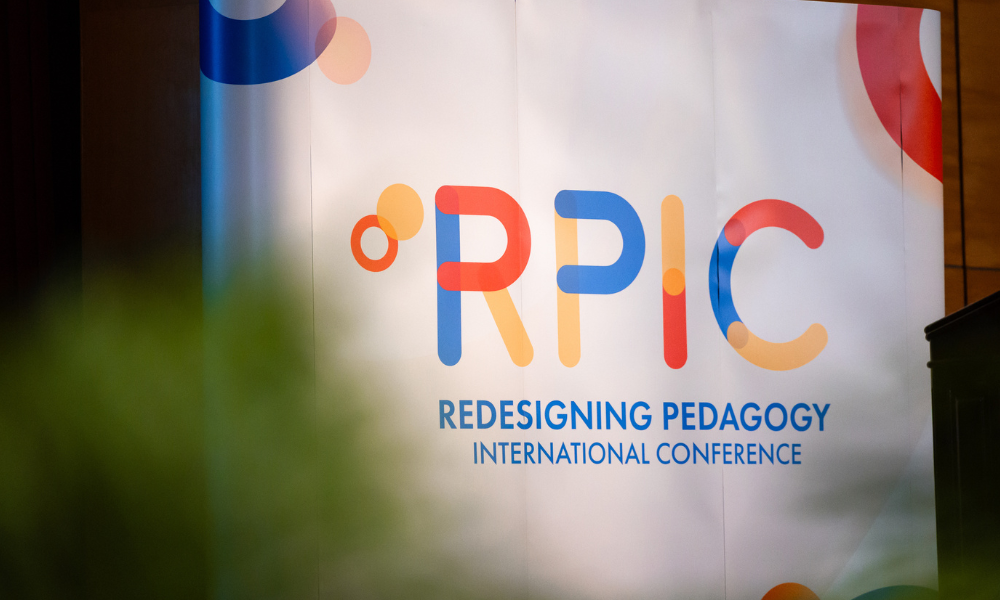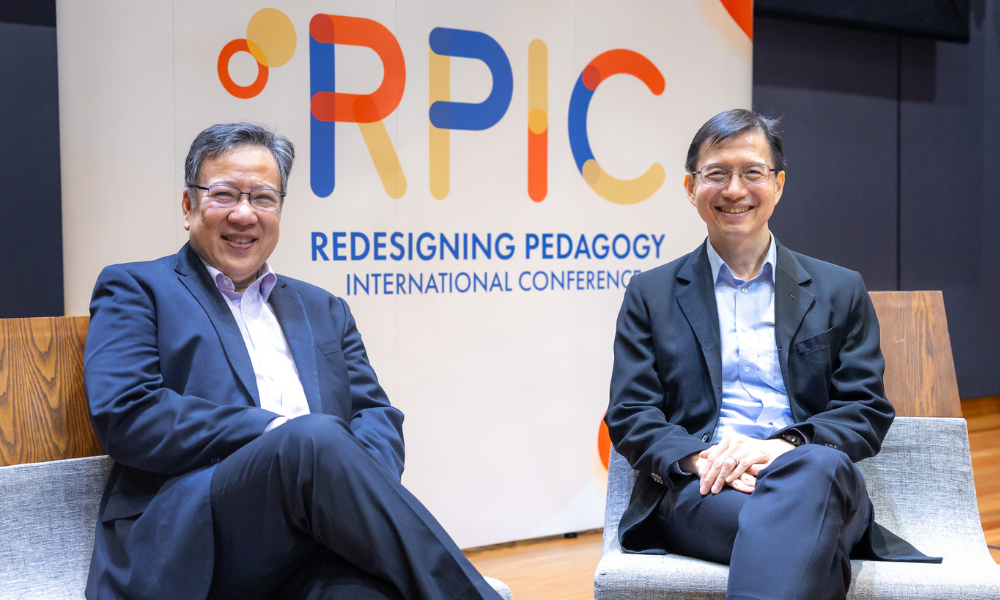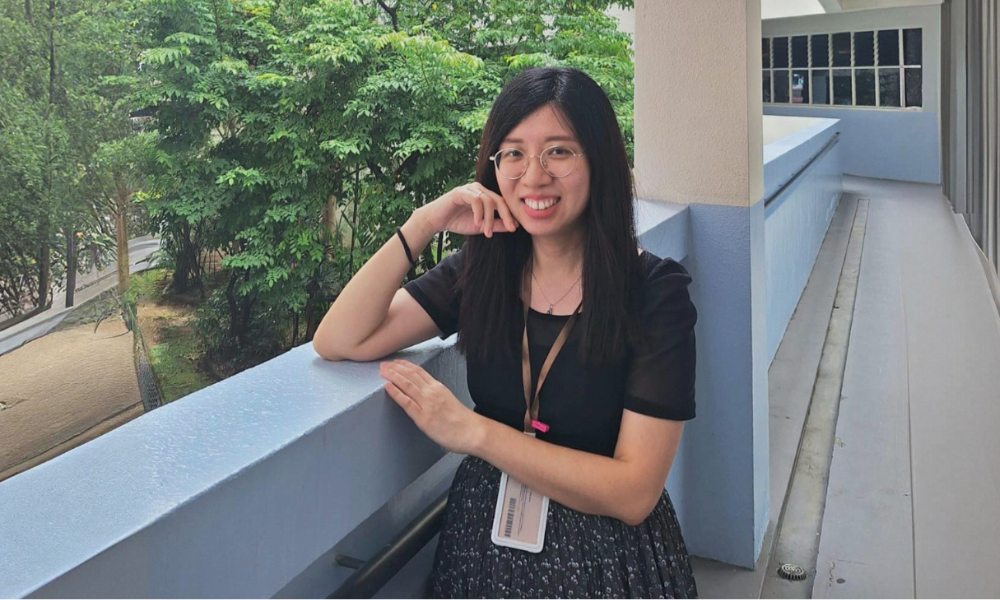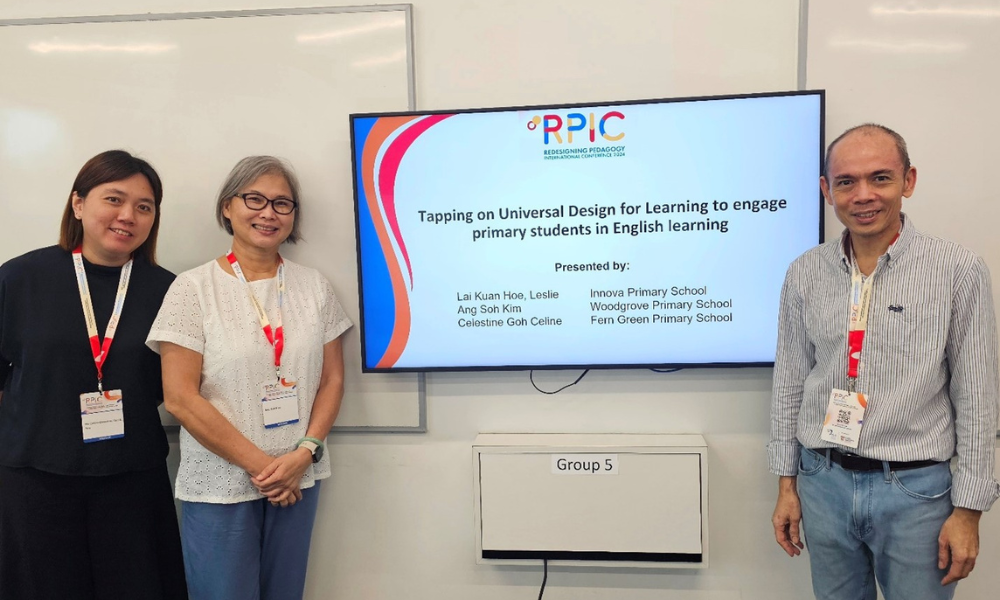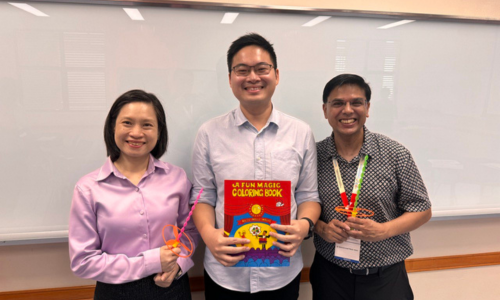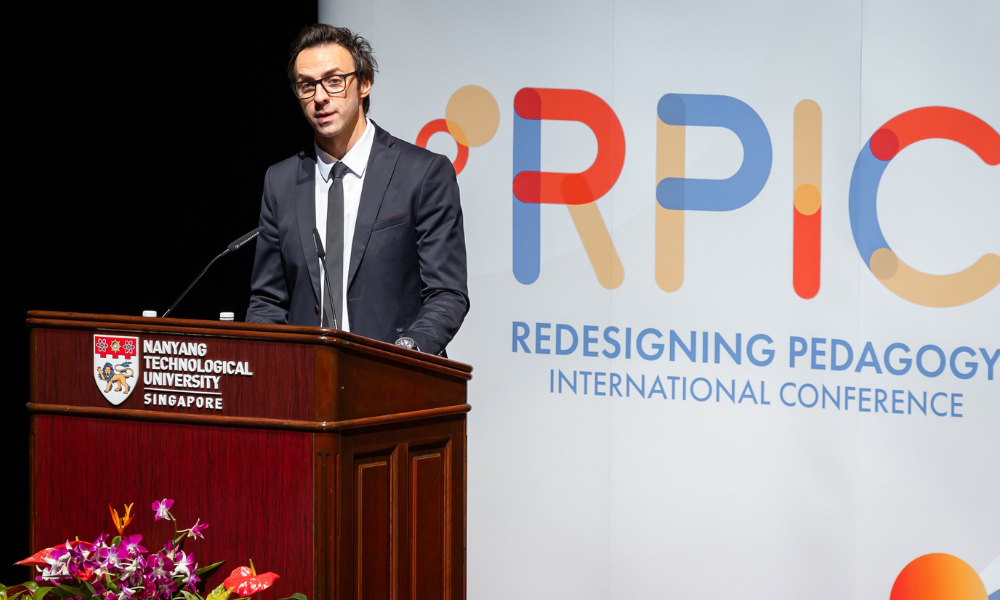Becoming a Thinking Teacher
Think of a lesson you want to teach your students. You’ve got to first decide on the best way to present it. To do that, you’ve got to know what kind of learners your students are. And to know this, you’ve got to be a good learner and thinker yourself.
Change, they say, is the only constant. With over 30 years in education, Professor Tan Oon Seng has witnessed many changes in the field.
But these changes should not be cause for worry. The idea of globalization, the impact of technology, the need to be lifelong knowledge workers, even all that talk about 21st century competencies – these are not new.
“It’s just that the Internet has made you highly cognizant of the changes around you,” says Prof Tan, who is Dean of NIE’s Office of Teacher Education. “It’s not so much that there are too many things happening, but that the teacher needs to have a clear inspiration or goal of what he or she is doing.”
The Thinking Teacher
Many things about the role of a good teacher have not changed. For example, acquiring the necessary skills to teach will always be important. But to Prof Tan, what we really need today are Thinking Teachers.
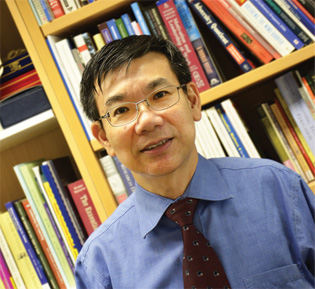
“If you’re too skill-based, you become a technician, not a teacher,” he says. “At NIE, we want to emphasize the Thinking Teacher.” This is his answer to coping with change.
The Thinking Teacher knows that his ultimate goal is to help students learn, and keeps that in mind amidst the numerous shifts in the education landscape. A Thinking Teacher also understands what should be retained, and what needs to change with the times.
One significant change of our times is the change in the nature of knowledge, especially with increased access to content. Because the nature of knowledge has changed, the way of learning and teaching needs to follow suit.
“In education, you need a certain insight and wisdom to balance what are the key fundamentals as invariants, and what you need to constantly modify and change to optimize learning,” he explains. “But for all that to happen, the teacher needs to understand the learner.”
Understanding the Learner
Understanding the learner is an important starting point for any teacher. “The teacher must always have a strong awareness of who the learner is,” Prof Tan emphasizes.
“When you teach a class, the first thing we ask is: Where are the students? We go to the level where the students are and bring them up, because one of the most important things for a student to experience is the sense of success, and success always breeds success.”
Prof Tan is an advocate of using multiple pedagogies. “It is to the benefit of teachers and students that a teacher explores a variety of pedagogies, not necessarily one that fits your preferred teaching style or that fits a child’s learning style.”
With more pedagogical know-how at their disposal, teachers will also feel more equipped to innovate and switch their pedagogy to suit their students’ learning needs, rather than enforcing one style of thinking.
Being a Model Learner
Adding to the list of what it means to be a good teacher, Prof Tan says: “A teacher should be one who is an exemplary role model of learning.”
– Prof Tan believes in the teacher as a learner
Prof Tan speaks from experience. When he was a secondary school Math teacher, the challenge he set for himself was to make lessons relevant and real to the students.
“I didn’t believe in just a lot of drill and practice-type learning,” he explains. “There’s a place for that sort of teaching, but that was just not my way of teaching.” Instead, he often went beyond the textbooks, and even asked his students to give him real-life problems to solve on the spot.
“I usually go to a class and form a task based on data from the students. That caused me to find out and read up on things pertaining to the subject so that I could introduce it into my teaching.”
“I believe that a teacher must fully know the content well and have that dexterity of thought to solve the problem well. If the teacher does not have that content mastery of the subject, you cannot inspire the students.”
Thinking and Learning Teachers
A teacher who constantly thinks and learns – this isn’t an easy job, which is why Prof Tan says that teaching has to be a calling.
“There’s no way for you to do teaching just as a job,” he says. “If teachers invest in thinking in this way, then you find that every teaching experience is exciting.”
Teachers may find this daunting, or they may say that they can’t change the system. Prof Tan begs to differ. “It’s about how generative you are,” he says. “If you can’t do different things, you can still do things differently.”
To Prof Tan, being a creative and generative teacher who is always thinking will ensure that our students will always learn. This is the essence of good teaching.
“If you want to teach well, you have to learn well. And when you have that passion to help people learn, you yourself will really learn. Teachers can learn, students can learn.”

